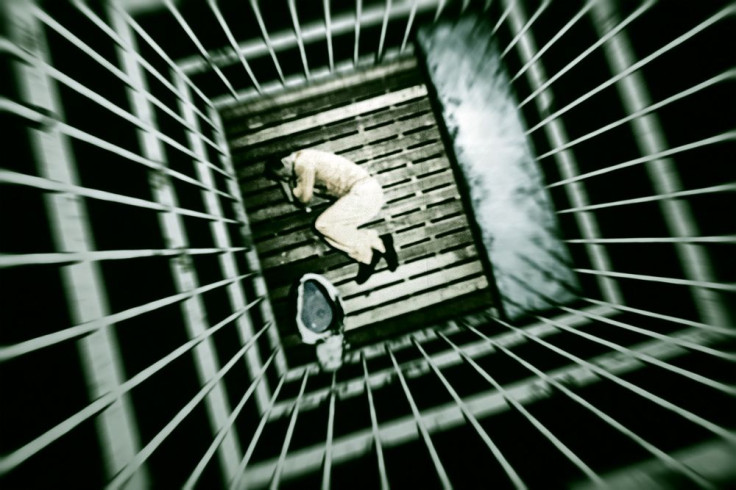Melissa Reid And Michaella McCollum, Scottish And Irish Girls, Held In Peru For Drug Smuggling As Global Drug Trade Maintains Momentum

The global drug trade is spreading worldwide at a faster speed than ever before. According to experts, there have been two recent and major shifts in the drug trade: changes in trade routes and an increase in synthetic drug production.
“The policy response has been to try to reduce and stop the supply, but all it’s done is shift trade or production elsewhere,” Ann Fordham, executive director of the International Drug Policy Consortium, told CNBC.
Opium-growing territories are shifting from South East Asia to Afghanistan, as cocaine traffickers now go through West Africa to transport their drugs to the European markets. The threat of innovative drug trafficking strategies has policymakers and international authorities worried.
Some countries — such as Uruguay, Guatemala, and Mexico — are considering relaxing their drug regulations, while other countries are insisting on reinforcing them stringently.
“I expect we’re going to see a further breaking of the consensus over drugs with more governments shifting direction to the stance taking by some Latin American governments to decriminalize drug use. Other governments, however such as Russia and China, will continue with their hard-line, zero-tolerance policies,” Fordham said.
The value of the illicit drug market is increasingly difficult to estimate; however, Worldometers, a company run by international data collectors and researchers, has determined it to be over $245 billion in value and rapidly growing.
Two girls struggle in Peru's maximum security jail cells
At the height of the global drug trade, a Scottish woman and an Irish woman have been detained in Peru’s maximum security cells under heavily armed guards since last Tuesday. The girls, Michaella McCollum Connolly, 20, and Melissa Reid, 19, are accused of smuggling cocaine out of Peru, but insist on their innocence.
According to the United Nations Office on Drugs and Crime, between 2007 and 2008, there were 16 to 17 million cocaine users worldwide, and North America alone accounted for 40 percent of the global cocaine consumption.
For Connolly and Reid, drastic security measures were put into place because Peru authorities suspect that the two women may have been forced to carry drugs for a South American drug cartel. The seizure added to the estimated 700 tons found each year on drug smugglers.
According to the Daily Mirror, a guard described the women as “terrified and emotional."
“We take drug smuggling very seriously here in Peru and foreigners are treated just like anyone else," said the guard. “One of them has said her cell is like being in hell but if they are found guilty they will see what hell is really like.”
When the two girls checked in for a flight to Spain last week, the police said they found more than 11 kilograms of cocaine in their suitcases. If the two are convicted and found guilty, they could each face seven years in jail, but if only one of them was found guilty for the entire suitcase of drugs, she could be incarcerated for 15 to 25 years. Connolly and Reid are due to appear in court on Wednesday, while their families wait anxiously back home afraid for their daughters' well-being and safety.
Fordham believes punitive measures are doing more harm than good. In fact, she says, harm to public health from drug use was increasing, even though the rules were becoming stricter in some countries, showing that the focus on purely reducing supply and demand was ineffective.
“For instance, a quarter of all prisoners in the U.S. are in jail for non-violent drug offences and the drugs trade is as strong as ever- that shows punitive measures are not working,” said Fordham. “We need a different approach by governments to take the trade out of the hands of organized criminals and the illicit market.”
Published by Medicaldaily.com



























